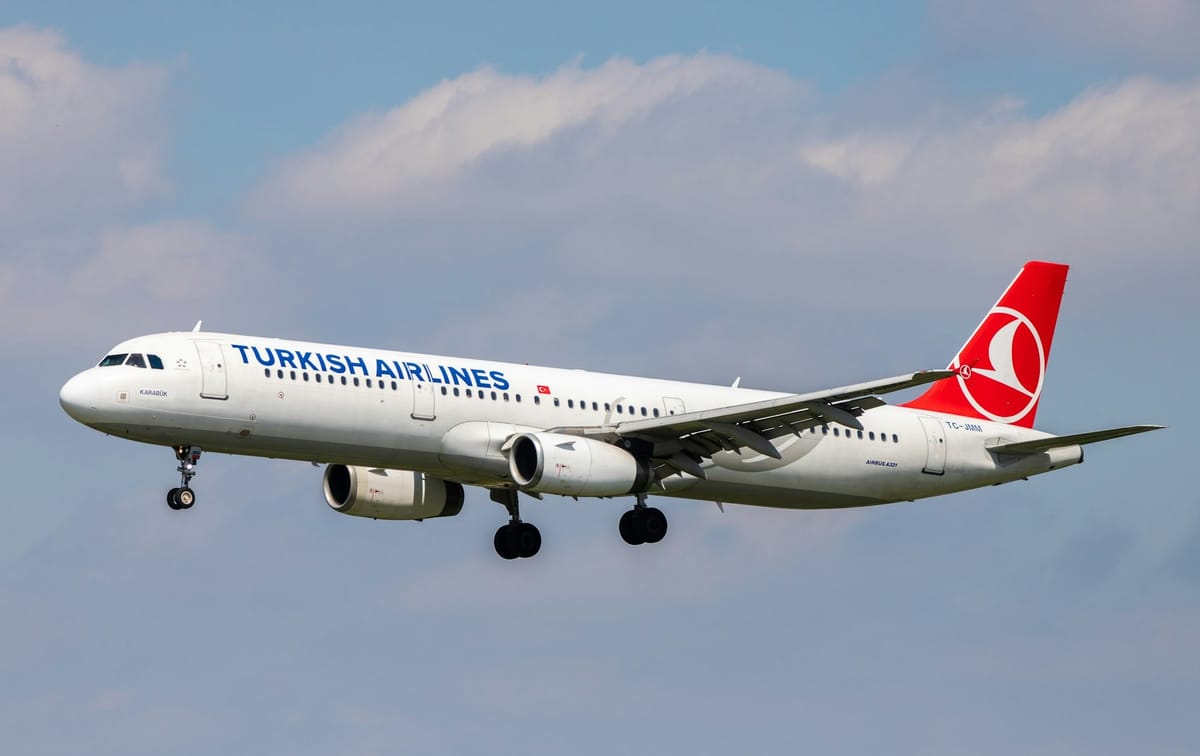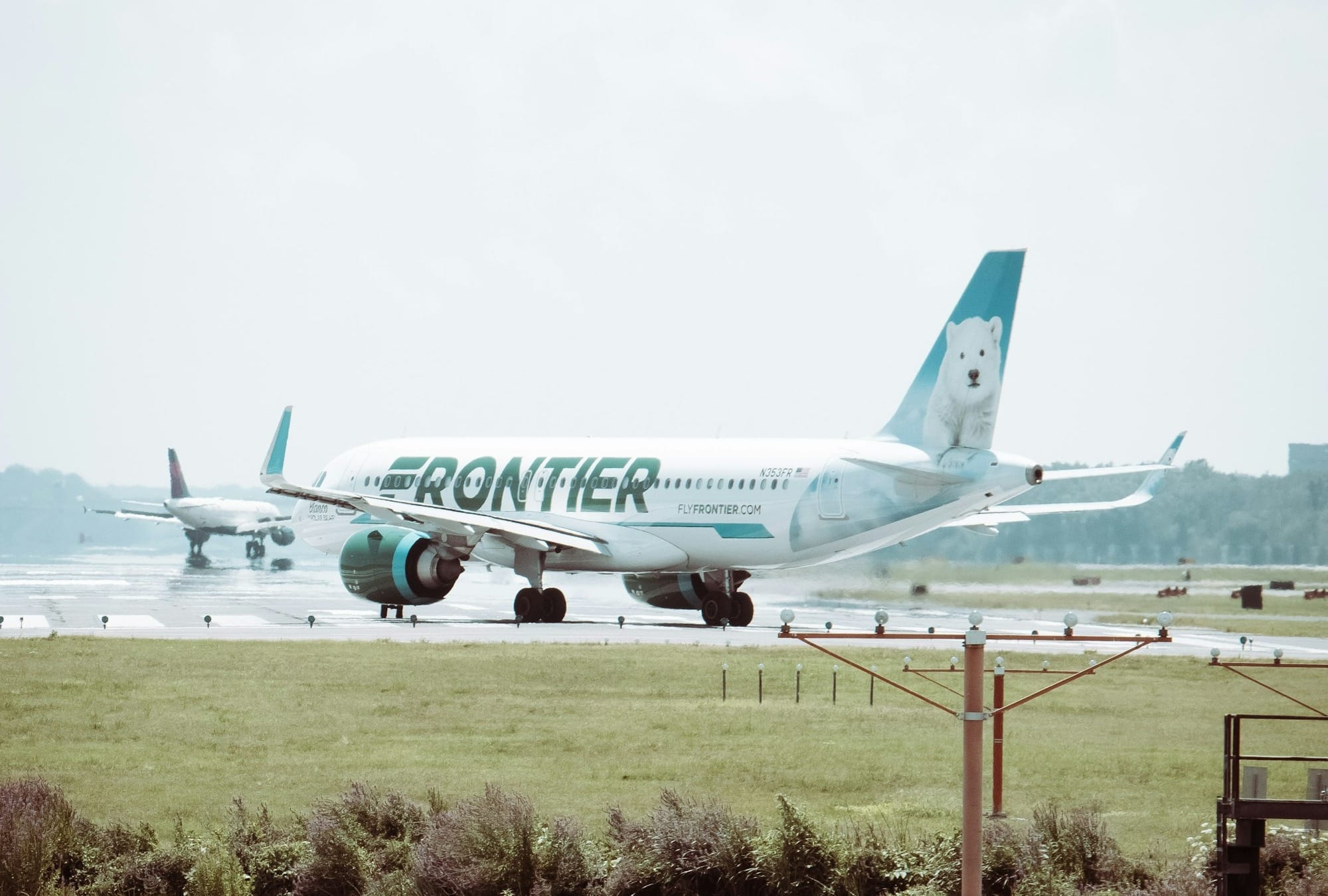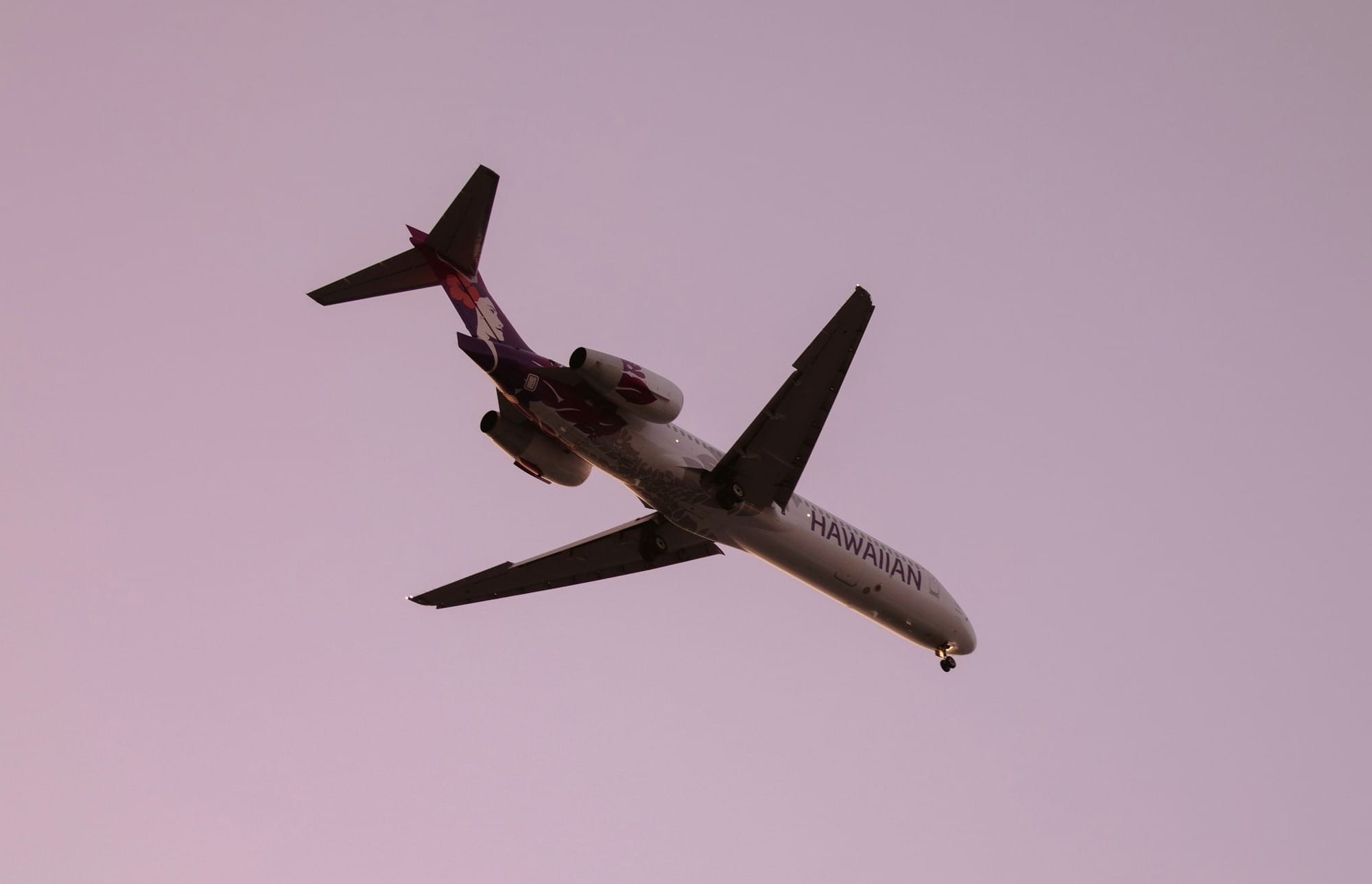Turkish Airlines Announces Fleet Expansion with 10 Airbus A321neo Leases from AerCap
Turkish Airlines, founded in 1933, has grown to become a major player in the global aviation industry. As of 2023, the airline operates a fleet of over 400 aircraft, serving more than 300 destinations across 126 countries.

Turkish Airlines Announces Fleet Expansion with 10 Airbus A321neo Leases from AerCap
Key Takeaways:
- Turkish Airlines to lease 10 Airbus A321neo aircraft from AerCap.
- The move aligns with the airline's growth and modernization strategy.
- The A321neo offers improved fuel efficiency, increased range, and larger passenger capacity.
- Leasing provides financial flexibility and supports environmental commitments.
Background on Turkish Airlines
Turkish Airlines, founded in 1933, has grown to become a major player in the global aviation industry. As of 2023, the airline operates a fleet of over 400 aircraft, serving more than 300 destinations across 126 countries. Turkish Airlines has been on a steady growth trajectory, leveraging its strategic hub in Istanbul to connect passengers between Europe, Asia, Africa, and the Americas.
The airline's success has been built on a strategy of rapid expansion, high-quality service, and a modern, fuel-efficient fleet. In recent years, Turkish Airlines has placed significant orders for new aircraft to support its growth plans and replace older, less efficient models.
AerCap: The World's Leading Aircraft Lessor
AerCap, headquartered in Dublin, Ireland, is the global leader in aircraft leasing. With a portfolio of over 2,000 aircraft, engines, and helicopters, AerCap serves approximately 300 customers worldwide. The company's business model revolves around purchasing aircraft from manufacturers and leasing them to airlines, providing flexibility and financial advantages to carriers looking to expand or modernize their fleets without the substantial capital outlay required for direct purchases.
The Airbus A321neo
The Airbus A321neo (new engine option) is the largest member of the A320neo family, offering airlines improved efficiency and performance compared to its predecessor. Key features of the A321neo include:
- Fuel Efficiency: Up to 20% reduction in fuel consumption per seat compared to previous generation aircraft.
- Increased Range: Capable of flying up to 4,000 nautical miles, opening up new route possibilities.
- Passenger Capacity: Accommodates up to 244 passengers in a high-density configuration.
- Reduced Environmental Impact: Lower CO2 emissions and a smaller noise footprint.
The A321neo has become increasingly popular among airlines worldwide, with over 4,000 orders as of 2023, according to Airbus data.
Significance of the Deal
The leasing agreement for 10 A321neos between Turkish Airlines and AerCap is significant for several reasons:
- Fleet Modernization: This deal aligns with Turkish Airlines' strategy to operate a young and fuel-efficient fleet. The A321neos will likely replace older, less efficient aircraft in the airline's fleet.
- Capacity Growth: The A321neo's larger capacity compared to the A320 allows Turkish Airlines to increase capacity on high-demand routes without significantly increasing operational complexity.
- Network Expansion: The improved range of the A321neo could enable Turkish Airlines to launch new routes or increase frequencies on existing ones, further strengthening its hub strategy in Istanbul.
- Environmental Commitment: By leasing more fuel-efficient aircraft, Turkish Airlines demonstrates its commitment to reducing its carbon footprint, aligning with global aviation sustainability goals.
- Financial Flexibility: Leasing aircraft, rather than purchasing them outright, provides Turkish Airlines with greater financial flexibility, especially important in the volatile aviation industry.
Industry Context
This leasing agreement comes at a time when the global aviation industry is showing strong signs of recovery from the COVID-19 pandemic. According to the International Air Transport Association (IATA), global air passenger traffic is expected to reach 4.7 billion in 2024, surpassing the pre-pandemic level of 4.5 billion passengers in 2019.
The recovery has been particularly strong in markets served by Turkish Airlines. The airline's strategic location in Istanbul allows it to capture growing traffic between Europe, Asia, and Africa. In 2023, Turkish Airlines reported carrying over 83 million passengers, approaching its pre-pandemic levels.
The demand for narrow-body aircraft like the A321neo has been particularly robust. Airlines are favoring these aircraft types for their versatility and efficiency, especially as they navigate the post-pandemic recovery phase. According to Airbus's Global Market Forecast for 2023-2042, the company projects a demand for 29,700 new single-aisle aircraft over the next 20 years.
Financial Implications
While the specific financial terms of this lease agreement have not been disclosed, typical long-term leases for new A321neo aircraft can range from 10 to 12 years. The monthly lease rate for an A321neo can vary depending on market conditions and specific aircraft configurations but generally falls in the range of $330,000 to $380,000 per month.
For Turkish Airlines, leasing allows the airline to access new, efficient aircraft without the substantial upfront capital investment required for purchasing. This strategy helps the airline manage its balance sheet and maintain financial flexibility, which is particularly important in the volatile aviation industry.
Competitive Landscape
This fleet expansion move by Turkish Airlines comes as competition in the global aviation market intensifies. Other major carriers, particularly in the Middle East and Europe, are also expanding and modernizing their fleets to capture market share in the post-pandemic recovery.
For instance, in 2023, Emirates announced an order for 50 Airbus A350-900 aircraft, while Lufthansa Group placed an order for 80 aircraft from Airbus and Boeing. Turkish Airlines' decision to lease A321neos positions it to compete effectively on both short-haul and medium-haul routes, which form the backbone of its network strategy.
Future Outlook
The addition of 10 A321neos to Turkish Airlines' fleet is likely part of a larger fleet strategy. As of 2023, the airline has outstanding orders for additional Airbus and Boeing aircraft, indicating its commitment to long-term growth and modernization.
Looking ahead, Turkish Airlines has ambitious plans. The airline aims to increase its fleet to 800 aircraft by 2033, which would make it one of the largest airlines in the world. The A321neos from this leasing agreement will play a crucial role in this expansion, providing the efficiency and flexibility needed to serve both existing and new markets.
Conclusion
Turkish Airlines' decision to lease 10 A321neo aircraft from AerCap represents a strategic move in the airline's ongoing expansion and modernization efforts. This agreement not only enhances Turkish Airlines' operational capabilities but also demonstrates its commitment to efficiency and sustainability in a highly competitive global aviation market.
As the industry continues to recover and evolve post-pandemic, fleet decisions like this will play a crucial role in shaping the competitive landscape. Turkish Airlines, with its strategic hub in Istanbul and growing modern fleet, is well-positioned to capitalize on the recovery in air travel demand and strengthen its position as a leading global carrier.
The success of this fleet expansion will be closely watched by industry observers, potentially influencing similar decisions by other airlines as they navigate the challenges and opportunities of the evolving aviation market. As Turkish Airlines continues to grow, its impact on global air travel patterns and the competitive dynamics of the industry will be significant, making it a key player to watch in the coming years.
Summary
Turkish Airlines is set to lease 10 Airbus A321neo aircraft from AerCap, marking a significant step in its fleet modernization and expansion strategy. This move underscores the airline's commitment to efficiency, sustainability, and financial flexibility. The A321neo's advanced features will support Turkish Airlines' growth plans, enabling it to enhance capacity, expand its network, and reduce its environmental impact. As the aviation industry recovers from the pandemic, Turkish Airlines is well-positioned to strengthen its competitive edge and continue its trajectory of growth.
Q&A Section
Q: Why is Turkish Airlines leasing aircraft instead of purchasing them? A: Leasing provides Turkish Airlines with financial flexibility, allowing the airline to access new, efficient aircraft without the substantial upfront capital investment required for purchasing.
Q: What are the benefits of the Airbus A321neo for Turkish Airlines? A: The A321neo offers improved fuel efficiency, increased range, larger passenger capacity, and reduced environmental impact, aligning with Turkish Airlines' growth and sustainability goals.
Q: How does this leasing agreement impact Turkish Airlines' competitive position? A: The agreement enhances Turkish Airlines' operational capabilities, enabling it to compete effectively on both short-haul and medium-haul routes, and supports its strategy to strengthen its hub in Istanbul.
Q: What is the significance of the A321neo's increased range? A: The increased range of the A321neo allows Turkish Airlines to launch new routes or increase frequencies on existing ones, expanding its network and connecting more destinations.
Q: How does this fleet expansion align with global aviation trends? A: The demand for narrow-body aircraft like the A321neo is robust, as airlines seek versatile and efficient aircraft to navigate the post-pandemic recovery. Turkish Airlines' fleet expansion aligns with these industry trends.








